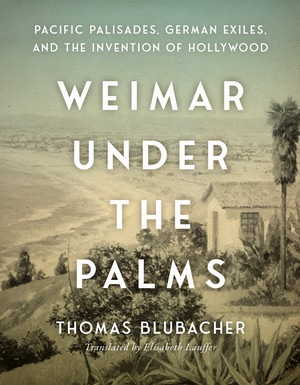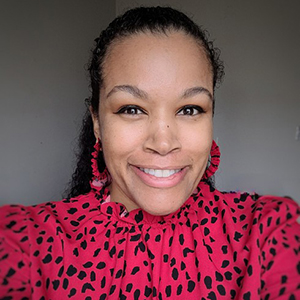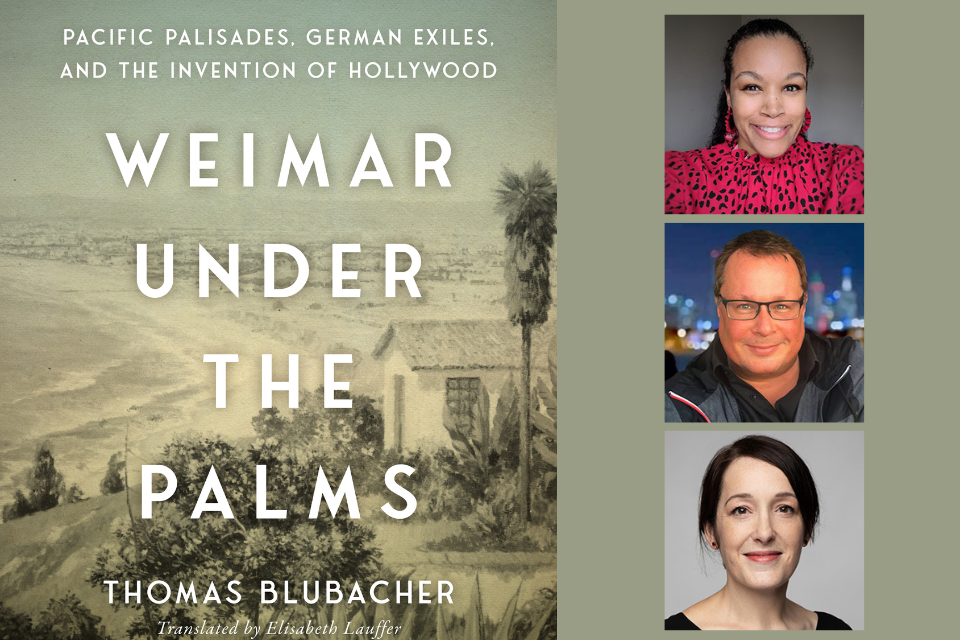Weimar Under the Palms
About the Event

Join author Thomas Blubacher and scholars Cynthia Porter and Anjeana Hans for a discussion of the broader context of Blubacher's recently translated book "Weimar Under the Palms"
The story of the German exiles—and cultural titans— who settled in Pacific Palisades and influenced American culture. In the early twentieth century, Pacific Palisades was home to America’s most modern film studio of the time as well as the proposed site of the world’s largest Christian center. But by the end of the 1920s, the Los Angeles neighborhood had become the refuge of the rich and beautiful as German and Austrian filmmakers, among them Salka and Berthold Viertel, settled there. They were soon followed by cultural and intellectual giants of the Weimar Republic who were fleeing Europe, such as Max Reinhardt, Hanns Eisler, or Max Horkheimer. These great minds turned Pacific Palisades into a “Weimar under the palm trees.” Though many were successful in exile—including Vicki Baum, Thomas Mann, and Lion Feuchtwanger—others felt as if they were in a “sun prison” far from home. Recounting a story of glamor and great minds, Thomas Blubacher tells of the history of German-speaking exiles that is still alive there today, going on a foray through the film industry, taking us on a journey to this special place which was so recently devastated by fire. Many of the homes in this book have now gone, but Marta Feuchtwanger’s Villa Aurora and the Thomas Mann house still stand as a testament to luck, resilience, and history.
About the Speaker
 Thomas Blubacher has written over thirty books and has worked as a theater director in Germany, Austria, and Switzerland. A specialist on theater and film of the 1930s, his books include biographies of the siblings Eleonora and Francesco von Mendelssohn, Gustaf Gründgens, Oscar Wälterlin, Ruth Landshoff-Yorck, and Ruth Hellberg. He has also written essays and travel features, and has published a bestselling book on cruises and several historical crime novels.
Thomas Blubacher has written over thirty books and has worked as a theater director in Germany, Austria, and Switzerland. A specialist on theater and film of the 1930s, his books include biographies of the siblings Eleonora and Francesco von Mendelssohn, Gustaf Gründgens, Oscar Wälterlin, Ruth Landshoff-Yorck, and Ruth Hellberg. He has also written essays and travel features, and has published a bestselling book on cruises and several historical crime novels.
 Cynthia D. Porter is an Assistant Professor of German at The Ohio State University, holding a joint degree in German and Comparative Media Analysis and Practice from Vanderbilt University. Her research is rooted in Cross-Media Studies and focuses on the depiction of the body in German canonized literature and film, political negotiations and interventions featured in body modification practices, the presentation of German history and heritage in popular American film, and experiences of the African diaspora in a German cultural and historical context.
Cynthia D. Porter is an Assistant Professor of German at The Ohio State University, holding a joint degree in German and Comparative Media Analysis and Practice from Vanderbilt University. Her research is rooted in Cross-Media Studies and focuses on the depiction of the body in German canonized literature and film, political negotiations and interventions featured in body modification practices, the presentation of German history and heritage in popular American film, and experiences of the African diaspora in a German cultural and historical context.
 Anjeana K. Hans is Professor of German Studies and affiliated faculty in Cinema and Media Studies at Wellesley College. Her work focuses on early silent film and on German and Austrian film of the 1930s. Her publications include work on gender in Weimar cinema (Gender and the Uncanny in Films of the Weimar Republic, Wayne State UP, 2014), on the ways in which cultural anxieties and fascinations play into the 1923 silent film Warning Shadows (Warning Shadows, Camden House, 2021), and on independent films in Austria (“‘Komisch ist die Welt, wie ein Traum:’ Franziska Gaal’s Verwechslungskomödien and the Exile’s Crisis of Identity,” in Rethinking Jewishness in Weimar Film, eds. Barbara Hales and Valerie Weinstein, Berghahn Books, 2021). She is currently working on a study of these independent films, focusing on the ways in which they engage with the experience of exile and expulsion through narrative and aesthetic.
Anjeana K. Hans is Professor of German Studies and affiliated faculty in Cinema and Media Studies at Wellesley College. Her work focuses on early silent film and on German and Austrian film of the 1930s. Her publications include work on gender in Weimar cinema (Gender and the Uncanny in Films of the Weimar Republic, Wayne State UP, 2014), on the ways in which cultural anxieties and fascinations play into the 1923 silent film Warning Shadows (Warning Shadows, Camden House, 2021), and on independent films in Austria (“‘Komisch ist die Welt, wie ein Traum:’ Franziska Gaal’s Verwechslungskomödien and the Exile’s Crisis of Identity,” in Rethinking Jewishness in Weimar Film, eds. Barbara Hales and Valerie Weinstein, Berghahn Books, 2021). She is currently working on a study of these independent films, focusing on the ways in which they engage with the experience of exile and expulsion through narrative and aesthetic.
